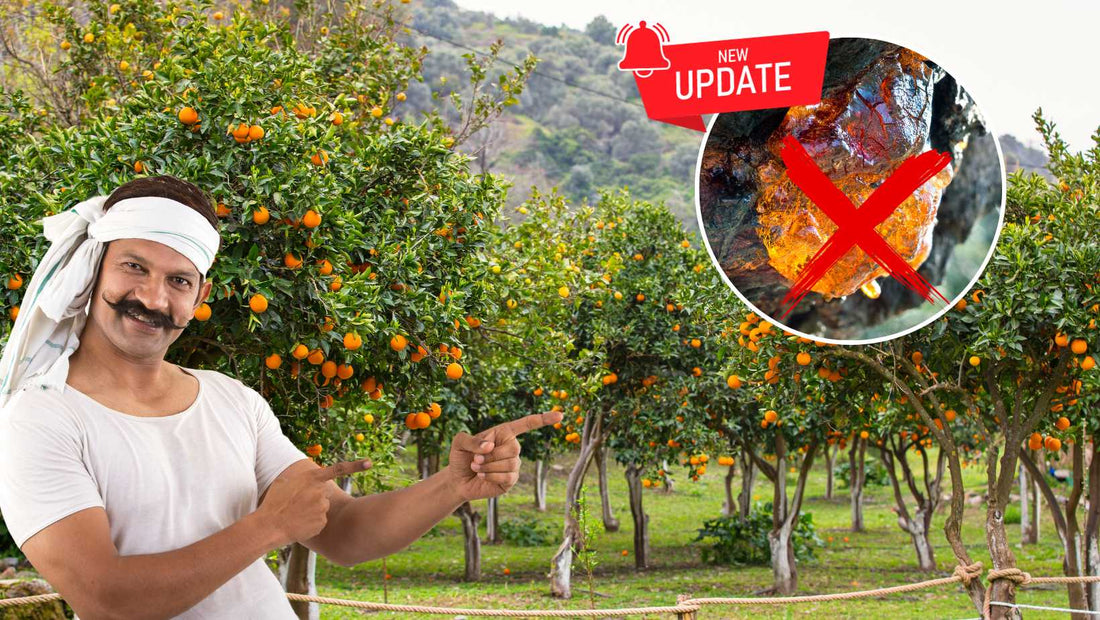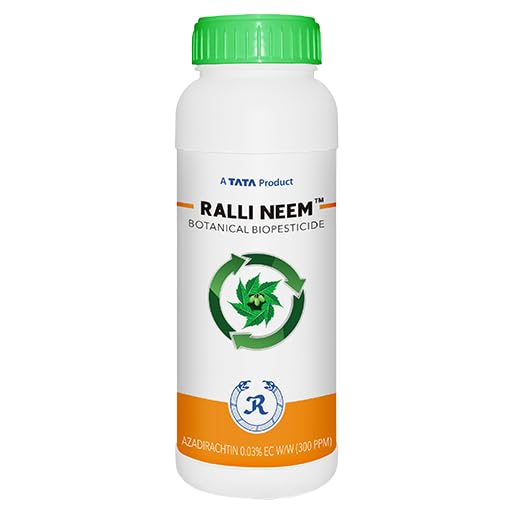
Protecting Indian Orange Trees: A Farmer's Guide to Fighting a Sneaky Fungus
Share
Phytophthora gummosis, a fungal disease, is causing trouble for our orange trees in India. It attacks the tree's bark, causing a gummy substance to block the tree's plumbing, which eventually kills the tree. Here's how it spreads: infected nursery stock, dirty soil, and water runoff help it travel. This happens more often when it's rainy and wet.
There are some things making it worse:
Now, let's talk about what this means for orange farmers:
But don't worry; the Indian government is trying to help. They are:
- Spreading the word: They're making sure everyone knows about this disease.
- Researching: They're funding research to find new ways to beat the fungus.
- Rules: They're making rules about what kind of plants can be traded to stop the fungus from spreading.
As a farmer, you can also do your part to stay safe:
- Choose the right oranges: Pick orange varieties that can fight off this disease.
- Keep things clean: Make sure your orchard is tidy, and remove sick trees.
- Use fungicides: Apply these to your trees to keep them healthy.
- Watch your water: Don't flood your trees; be careful with watering.
Here's some exciting news: There's a new way to fight this fungus called Boron Zinc Nanotechnology (BZNP). It's like tiny magic particles of boron and zinc in a liquid. When you put them on your orange tree, they kill the fungus and keep it from spreading.
Why is this good? Well:
- They work better than chemicals.
- They're kinder to the environment.
- They don't leave bad stuff on your fruit.
Scientists in Florida found that BZNPs helped a lot. They used them three times in a season and had way fewer sick trees. Plus, the oranges were even bigger and sweeter.
So, for Indian orange farmers, BZNPs could be a big help. They're better than traditional chemicals, safer for the environment, and won't harm your fruit.
If you want to learn more, check out these sources:
- "Boron zinc nanotechnology for the control of Phytophthora gummosis in orange trees" (Journal of Agricultural and Food Chemistry, 2023).
- "Efficacy and safety of boron zinc nanoparticles for the control of Phytophthora gummosis in a commercial orange grove" (Crop Protection, 2023).














